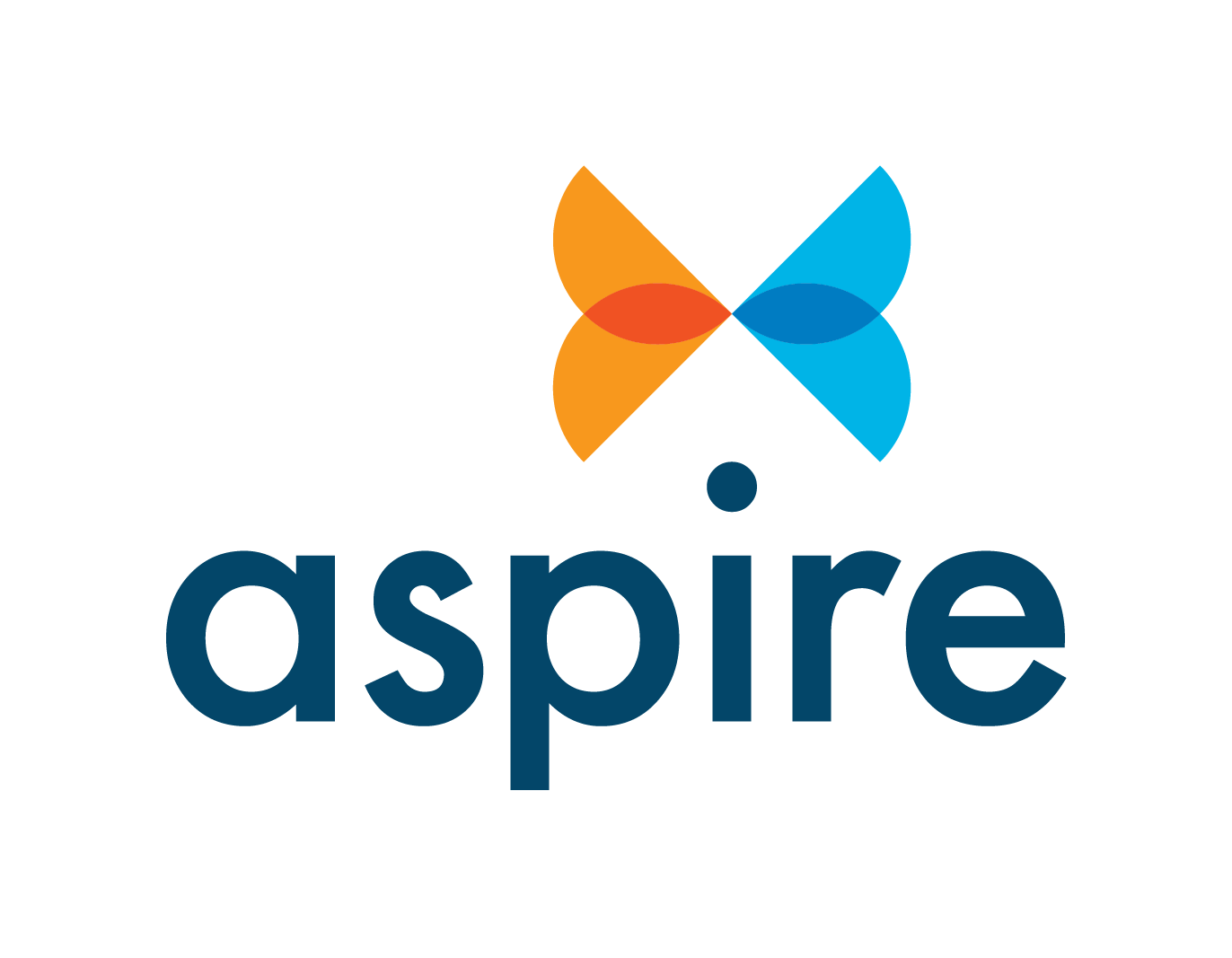Aspire To Learn Blog

Discipline is Teaching
BY LINDA K. JOHNSON, Ph.D.
While working recently with the Aspire professional team, we discussed topics for upcoming parent sessions in our family literacy program. One of the most popular topics is discipline—what is it exactly and how to implement it.

Reading Fiction Linked to Increased Emotional Intelligence
BY LINDA K. JOHNSON, Ph.D.
Are you looking for ways to improve communication between employees? A 2020 Harvard Business Review article, “The Case for Reading Fiction,” explored neuroscience research indicating reading fiction helps employees develop empathy and critical thinking.

Etymology of the Word “Read”
BY LINDA K. JOHNSON, Ph.D.
A close friend and I were speaking recently about how we loved to read encyclopedias and dictionaries as children. Clearly, we are nerds! As I thought about our conversation I wondered about the etymology of the word “read.”

State of American Literacy
BY LINDA K. JOHNSON, Ph.D.
Before diving into this insightful report, I’d like to acknowledge the tremendous support the Dollar General Literacy Foundation and its Executive Director, Denine Torr, provide for adult literacy education programs annually. It also funded the Barbara Bush Foundation Adult Literacy XPRIZE, won in 2019 by the People ForWords team led by Southern Methodist University’s Simmons School of Education and Human Development, in collaboration with SMU’s Guildhall and Aspire (formerly Literacy Instruction for Texas).

Mapping Dallas’ Infrastructure Inequity
BY LINDA K. JOHNSON, Ph.D.
Too often people assume adults without an education simply weren’t motivated to finish school. All too often, they were not given the support they needed, from institutions, systems, and even their own families. Without this support, they struggle to make the best of their relationships and lives, and many hide their challenges for fear of shame.

Volunteering is its Own Reward
Posted by Laura McLoughlin on April 20, 2022 in Stories from the Field
Years ago, Louwane Courtney volunteered with a small adult education program in the Dallas, Texas, area. She loved it, but life got busy with kids and work, and her time for volunteer hours got lost in the shuffle.
This past January, Louwane found her way back to volunteering and registered for the remote volunteer training offered by ProLiteracy member program Aspire. And this time, she inspired her husband Mark Courtney to volunteer with her.

The Not So Good Place?
BY LINDA K. JOHNSON, Ph.D.
Since I joined Aspire five years ago, I’ve become much more aware of how low-literate adults are portrayed in the media. They are often referred to as people who are considered “less than” in some way: not as smart, successful, or law-abiding.

Adult Education Research Fuels Improved Student Outcomes
BY LINDA K. JOHNSON, Ph.D.
Across the country thousands of public and nonprofit organizations provide adult education services to the estimated 43 million Americans who lack the basic literacy skills that allow them to be self-sufficient. How well do these services actually help the adults they serve reach their English literacy and workforce objectives?

First Who…Then What (Get the Right People on the Bus)
BY LINDA K. JOHNSON, Ph.D.
At one point in my career consulting for museums around the world, I worked with a team to develop grounding principles upon which to base organizational success. A book key to providing a sound foundation for our clients was Good to Great by Jim Collins.

Women and Adult Education
BY LINDA K. JOHNSON, Ph.D.
Recently I came across a publication exploring the founders of adult education. The conference paper authors, Susan Imel and Gretchen Birch, noted that the roots of adult education can be “traced as far back as the seventeenth and eighteenth centuries (Stubblefield & Keane 1994).”

Illiteracy is a State Not a Fate
BY LINDA K. JOHNSON, Ph.D.
The reasons that adults cannot read vary widely: some were not taught to read in school (whether new to the country or a native) and others didn’t receive a diagnosis of a learning difference like dyslexia and the resulting supports needed. One thing almost all low-literate adults do share is significant shame.

Dallas GDP would grow by ten percent if all adults read at a sixth-grade level
BY LINDA K. JOHNSON, Ph.D.
A study released in September by the Barbara Bush Foundation for Family Literacy and Gallup found that the nation could be losing more than two trillion dollars annually due to low adult literacy rates. Large metropolitan cities like Dallas would gain at or just above 10% of their GDP by raising the literacy level of all adults to at least a sixth-grade level.

Adults Suffer Biggest Decline in Pandemic Learning
BY LINDA K. JOHNSON, Ph.D.
Last week I attended the Futures Forum on Learning series where Andreas Schleicher reported that the biggest dip in global pandemic learning is “a 17% decline in the incidence and intensity of adult learning.”

